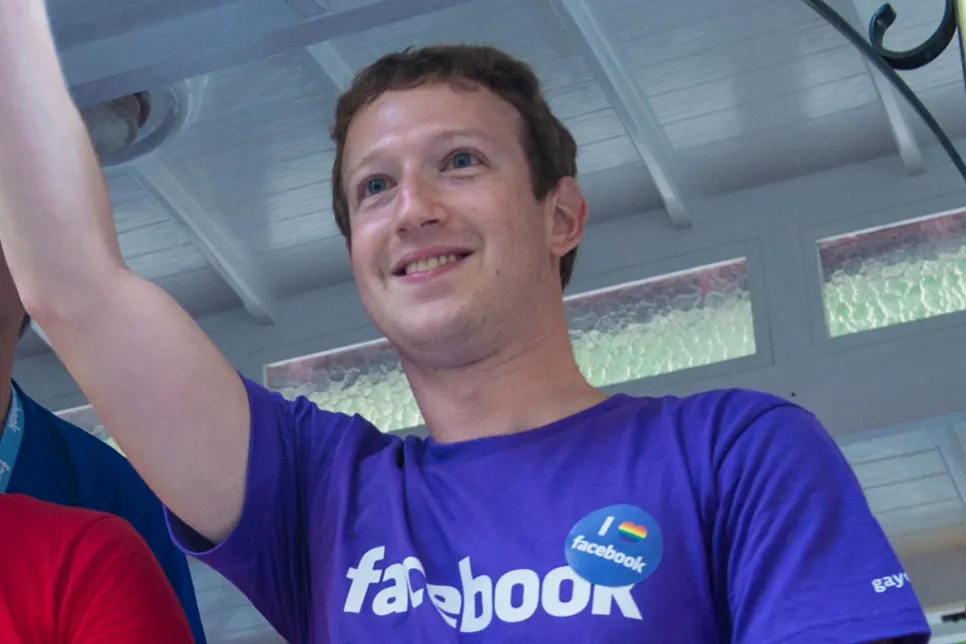The US Suspended Tech-Trade Talks with the UK
The US administration suspended technology-related negotiations with the UK government.

For the fifth straight year, Julie Goodridge has submitted a proposal to Facebook’s board of directors for a shareholder vote at the company’s annual meeting, according to Bloomberg. Her suggestion: Change the company’s dual-class voting structure under which Chief Executive Officer Mark Zuckerberg has voting rights that give him absolute control despite owning a minority of the company’s shares.
Goodridge, the CEO of NorthStar Asset Management in Boston, wants to eliminate a special class of shares owned by early investors that carry 10 times as many votes as the shares you can buy on the stock market. Each share, she says, should carry the same numbers of votes. But she can’t advance her proposal. Zuckerberg controls 88% of these more powerful shares, which gives him nearly 58% of Facebook’s voting power. In order to change Facebook’s voting structure and reclaim some of control, Goodridge needs the support of the one man who has the most to lose by changing it.
Goodridge represents an increasingly frustrated cohort of shareholders, a disgruntled group following more than two years of scandal and drama at the social media behemoth. Many are worried that Zuckerberg has amassed too much power, and Facebook’s board of directors, which Zuckerberg has appointed, isn’t doing enough to hold him accountable. Even Chris Hughes, Zuckerberg’s former Harvard dorm-mate and a Facebook co-founder, called on the government to break up Facebook in a New York Times op-ed earlier this month.
That power, and those directors, will be at the center of Facebook’s annual shareholder meeting. Investors will vote on eight different stockholder proposals, the most in company history. One proposal demands the company explore the possibility of breaking itself into multiple, smaller companies. Another requests that Facebook hire an independent chairman to replace Zuckerberg. Half of these outside proposals have something in common: They aim to limit Zuckerberg’s control over the company he founded.